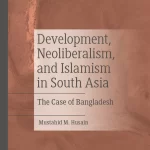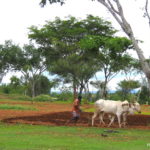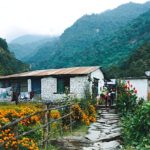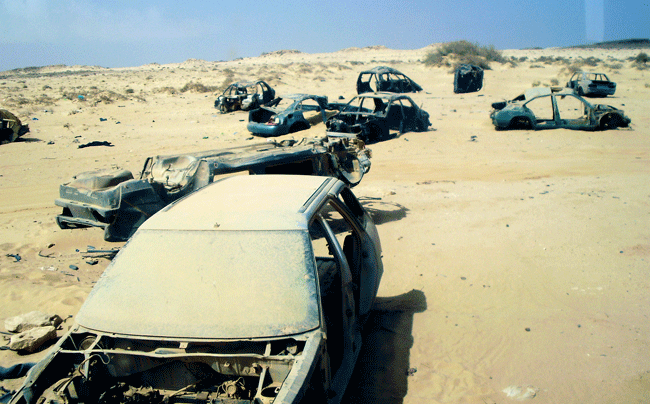Development, Neoliberalism, and Islamism in South Asia: The Case of Bangladesh (book review)
Development, Neoliberalism, and Islamism in South Asia: The Case of Bangladesh
poses the issue of development, in which development for a group of people can lead to underdevelopment for marginalized others. The author critiques the neoliberal definition of development on two important grounds: first, it is limited to material wealth, and second, ignores people's freedom and well-being. He argues neoliberalism is a “great reversal” of the theories of John Maynard Keynes and contradicts the development history of the industrialized West.
The protests in Sri Lanka: An alternative perspective
What protesters consider as the Rajapaksa government’s failures have been symptoms, rather than causes, of the structural weaknesses threatening to tear apart the economy.
The impact of COVID-19 pandemic on SDG attainment in Afghanistan
COVID-19 has constrained many of the ongoing SDG-readying support provided to the Government of Afghanistan and may have major implications for judicious and long-term development policymaking and programming that are needed to achieve the priority SDG targets in Afghanistan.
Despite ongoing peace talks, civilian killings continue in Afghanistan
The number of Afghan civilians killed and injured in the conflict has failed to slow since the start of intra-Afghan peace talks, although the overall civilian casualty figure for the first nine months of 2020 dropped by around 30 percent compared to the same period in 2019.
Migrants essential to recovery of global development post COVID-19, claims new report
The report, Human Mobility, Shared Opportunities: A Review of the 2009 Human Development Report and the Way Ahead, looks back at the last decade and assesses how future policy responses could facilitate safe, orderly, and regular migration.
COVID-19 in Nepal: challenges amid rising cases and strict restrictions
It is also important that Nepal's central as well as provincial governments extend support, both financial and moral, to pandemic-affected Nepali citizens, especially to the foreign returnees, to capitalize on their skills and expertise which they have gained from overseas employment.
Cinderella at the ball: Mainstreaming agroforestry for a resilient post-COVID India
Multi-functional agroforestry landscapes including diversified crops, trees, and animals are keys to social-ecological resilience. If current government reforms indeed succeed in the retention of a considerable fraction of the rural workforce, subsequent scaffoldings are capable of perpetual greening of India’s rural employment sector.
COVID-19 inducing ‘widespread despair’ among refugees, says UNHCR
The consequences of the prolonged COVID-19 pandemic, deteriorating socio-economic conditions, protracted displacement and the critical shortfall in solutions to displacement are leading to widespread despair among refugees, warns UNHCR, the UN Refugee Agency.
As pandemic deaths pass 1 million, COVID-19 survivors from 37 countries write to pharmaceuticals...
Survivors of COVID-19 from 37 countries are among almost 1,000 people who have signed an open letter to pharmaceutical industry leaders calling for a ‘people's vaccine’ and treatments that are available to all.
Nepal: time to take entrepreneurial spirit to the local level
If the government takes serious actions to promote local and community entrepreneurship, this will not only diversify and uplift Nepal’s overall economy, but also provide enormous employment opportunities to Nepal’s jobless youths who have very few options for employment at the moment–apart from lying up in manpower agencies and heading for ill-paid foreign employment in the Gulf countries.
















